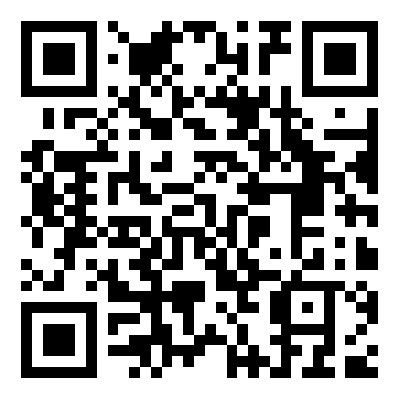Unveiling the Power of DMR Radio Hotspots: Primary Features and Capabilities
2024-06-28
In the realm of digital mobile radio (DMR), advancements in technology have led to the development of versatile tools known as DMR radio hotspots. These devices play a crucial role in extending communication capabilities beyond traditional coverage areas, offering a range of features that enhance connectivity and operational efficiency. This blog explores the primary features and capabilities of DMR radio hotspots, highlighting their essential role in modern communication systems.
Understanding DMR Radio Hotspots
DMR radio hotspots serve as compact and efficient gateways between DMR handheld radios or mobile units and the broader DMR network infrastructure. Unlike traditional repeaters that require substantial infrastructure and licensing, hotspots leverage internet connectivity to facilitate communication over IP networks. This allows users to communicate over long distances and access networked services without geographical limitations.
Key Features of DMR Radio Hotspots
1. Internet Connectivity:
- DMR radio hotspots connect to the internet via Wi-Fi or Ethernet, enabling seamless communication over IP networks.
- Internet connectivity allows users to extend DMR coverage beyond the reach of conventional repeaters, ensuring reliable communication in remote or obstructed areas.
2. Gateway Functionality:
- Hotspots act as gateways that link DMR radios to regional or global DMR networks and talk groups.
- They facilitate access to networked services, including group calls, private calls, and data transmission, enhancing operational flexibility and collaboration.
3. Cross-Mode Compatibility:
- Some DMR radio hotspots support cross-mode functionality, allowing interoperability with other digital and analog radio systems.
- This feature enables seamless communication across different radio technologies, promoting compatibility and integration in diverse operational environments.
4. Configurable Settings:
- Hotspots offer configurable settings for talk group management, channel assignments, and network parameters.
- Users can customize settings based on operational requirements, ensuring optimal performance and resource efficiency.
5. Security and Encryption:
- DMR radio hotspots support advanced encryption protocols to secure communications and protect sensitive information.
- Encryption features safeguard data integrity and confidentiality, meeting stringent security requirements in sectors such as public safety and defense.
6. Voice and Data Capabilities:
- Hotspots facilitate voice calls, text messaging, and data transmission over DMR networks.
- They support real-time communication and information exchange, enhancing situational awareness and operational coordination.
7. Portable and Compact Design:
- DMR radio hotspots are designed for portability and ease of deployment in various settings.
- Compact form factors allow for flexible installation options, including mobile deployment in vehicles or temporary setups during events and operations.
8. Firmware Updates and Compatibility:
- Manufacturers frequently release firmware updates to enhance hotspot performance and add new features.
- Compatibility with software-defined radios (SDRs) and digital radio standards ensures long-term usability and adaptability to evolving technology trends.
Applications Across Industries
1. Public Safety and Emergency Response:
- DMR radio hotspots support critical communications among first responders, improving coordination and response times during emergencies.
2. Transportation and Logistics:
- In transportation and logistics, hotspots facilitate communication among fleet operators, logistics teams, and dispatch centers, optimizing fleet management and operational efficiency.
3. Utilities and Infrastructure:
- Utility companies use hotspots to maintain communication with field crews, ensuring reliable operation and rapid response to service disruptions.
4. Hospitality and Event Management:
- Hotels, resorts, and event venues deploy hotspots for seamless communication among staff members, security teams, and event organizers, enhancing guest experience and safety.
Conclusion
DMR radio hotspots represent a pivotal advancement in communication technology, offering robust features and capabilities that address the diverse needs of modern users across industries. From extending coverage and enhancing interoperability to supporting secure voice and data transmission, these devices play a crucial role in facilitating reliable and efficient communication. As organizations continue to prioritize connectivity and operational resilience, DMR radio hotspots stand at the forefront, empowering users with scalable and adaptable solutions for their communication challenges.



